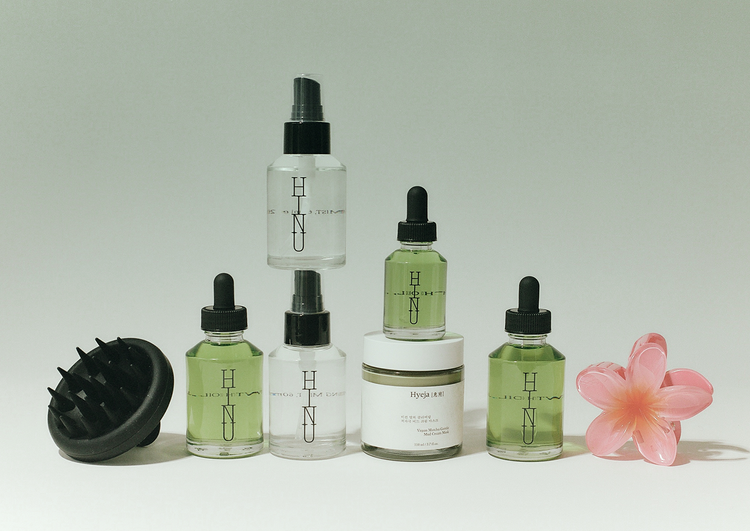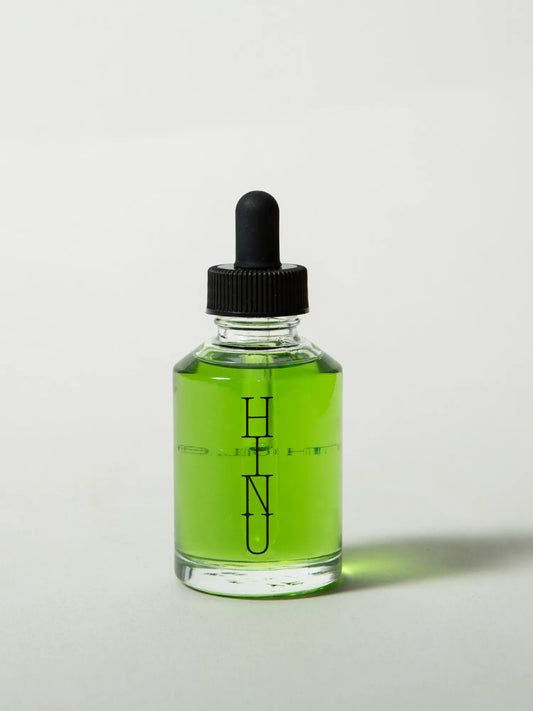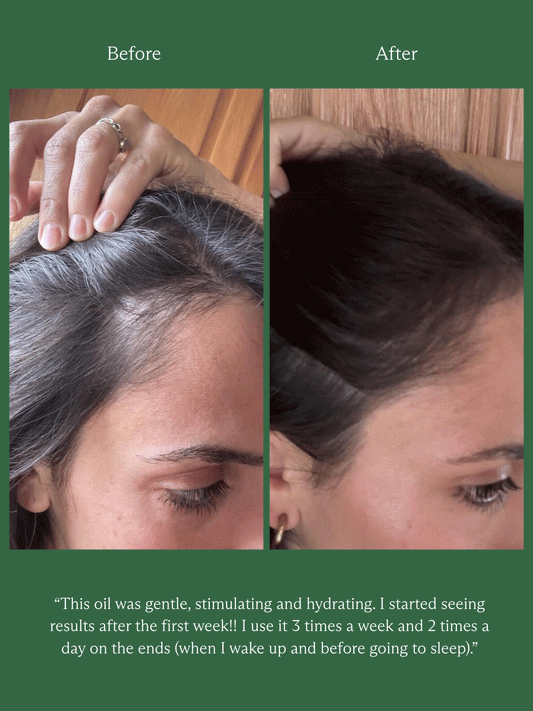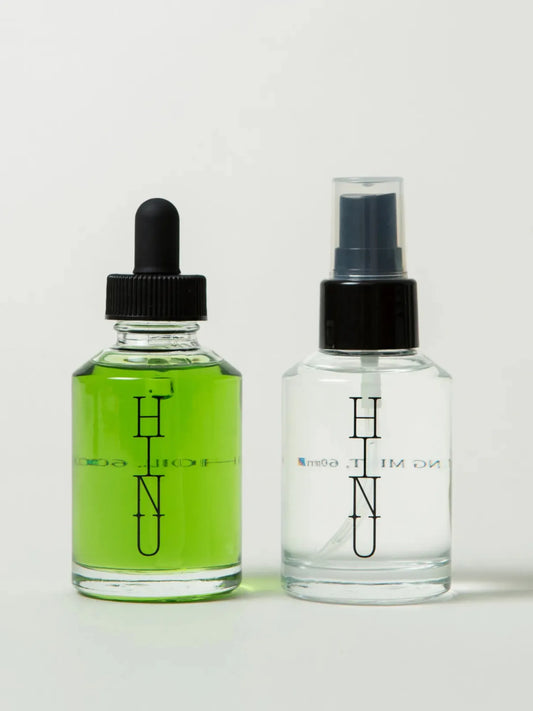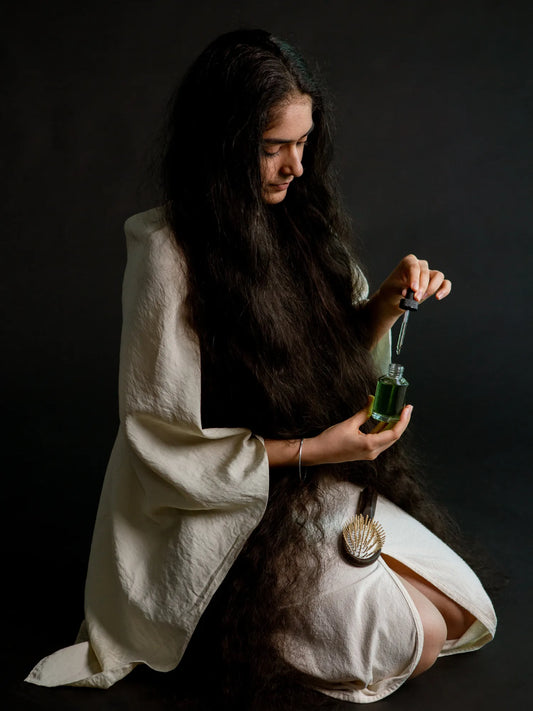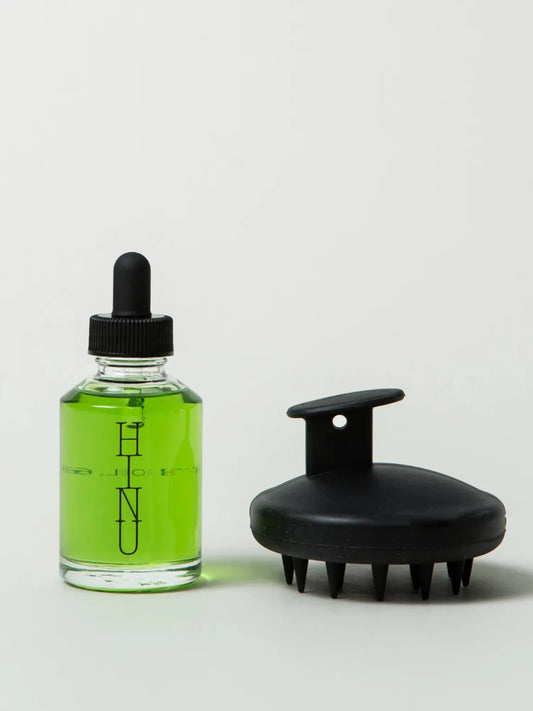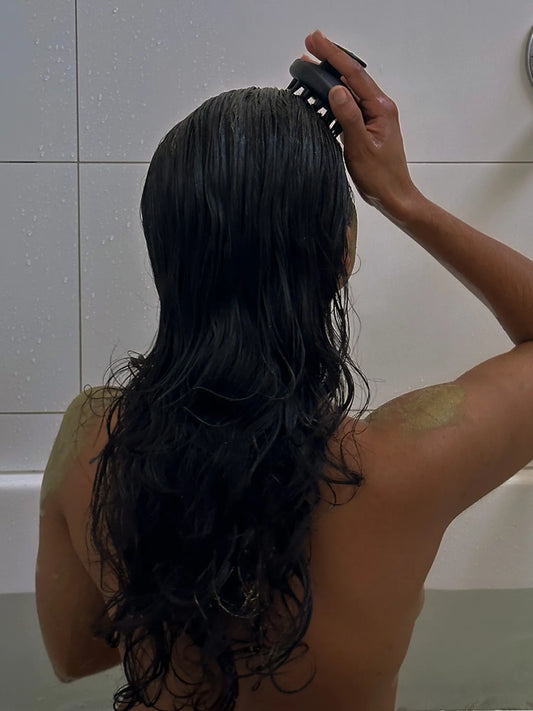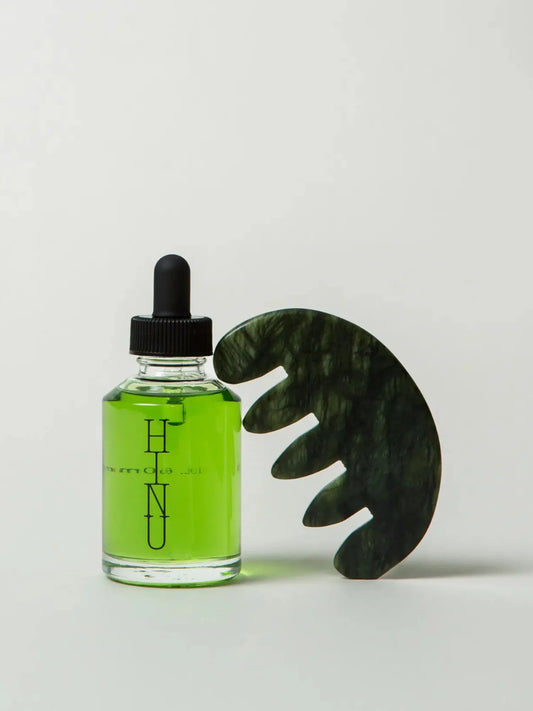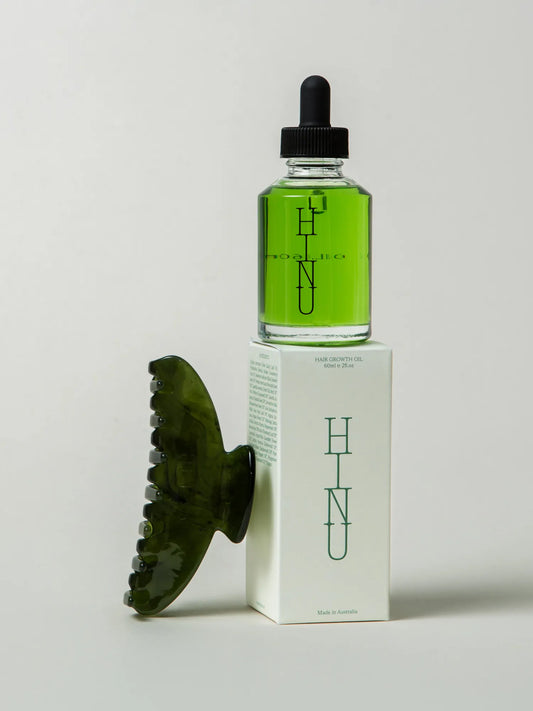
Discovering clumps of hair on your brush can be unsettling. Hair loss can be a blow to one's self-esteem and sometimes a hint at underlying health issues. If you're pondering, "Why is my hair falling out?" know that you're in good company.
Before diving into solutions, it's crucial to grasp why hair loss occurs. While factors like genetics and hormonal shifts play significant roles, lifestyle and environmental factors can also contribute. From nutritional deficits to stress, understanding the root cause is the first step toward effective management.
Common Causes of Hair Loss
Genetics: The most common cause of hair loss is androgenetic alopecia, known as male-pattern baldness or female-pattern baldness. It's a hereditary condition that affects many individuals as they age.
Hormonal Changes: Hormonal changes due to pregnancy, childbirth, menopause, or thyroid problems can trigger hair loss. For example, postpartum hair loss is a widespread phenomenon due to the drop in hormones after childbirth.
Medical Conditions: Several medical conditions can lead to hair loss, including alopecia areata (an autoimmune disease that attacks hair follicles), scalp infections like ringworm, and diseases such as lupus and diabetes.
Nutritional Deficiencies: A lack of essential nutrients, such as iron, vitamin D, and protein, can lead to hair shedding. A balanced diet is crucial for maintaining healthy hair growth.
Stress: Both physical and emotional stress can trigger temporary hair loss. This is often due to telogen effluvium, a condition where more hairs enter the resting phase and fall out more easily.
Hairstyles and Treatments: Tight hairstyles that pull on the hair, chemical treatments, and hot styling tools can cause traction alopecia, leading to hair loss.
Natural Solutions to Combat Hair Loss
Scalp Massage: Regularly massaging your scalp can enhance blood circulation, nourishing the hair follicles and promoting hair growth. Using natural oils like rosemary oil during the massage can add additional benefits.
Essential Oils: Certain essential oils, such as lavender, peppermint, and rosemary, are celebrated for promoting hair growth and health. Adding a few drops of Hair Growth Oil and applying it to your scalp can stimulate hair growth.
A Nutrient-Rich Diet: A balanced diet loaded with vitamins, minerals, and proteins is fundamental for hair health. Focus on foods rich in vitamins A, C, D, E, zinc, iron, omega-3 fatty acids, and proteins to support hair growth and strength.
Minimising Stress: Chronic stress can lead to hair loss, making stress management techniques such as yoga, meditation, and regular exercise crucial for maintaining hair health.
Gentle Hair Care Practices: Avoid harsh treatments and styles that pull on the hair. Opt for natural, gentle hair care products and minimise the use of heat styling tools.
Aloe Vera: Known for its healing properties, aloe vera can soothe the scalp and condition hair. It can reduce dandruff and unblock hair follicles that may be blocked by excess oil. Aloe Vera can be found in both the Hair Growth Oil and the Hydrating Mist.
Staying Hydrated: Adequate hydration is key to maintaining healthy hair. Ensure you're drinking plenty of water daily to support overall health, including that of your hair.
While natural remedies offer a holistic approach to hair loss, it's essential to remember that results may vary. Consistency and patience are key. Additionally, if your hair loss persists or you suspect it's due to an underlying health issue, consulting a healthcare professional is recommended.
Natural solutions offer a gentle yet effective way to combat hair loss. By integrating these practices into your routine, you can work towards restoring your hair's health and vitality, paving the way for a fuller, healthier head of hair. Remember, the journey to regaining your hair's glory is a marathon, not a sprint, and every step taken is a step towards a more confident you.
